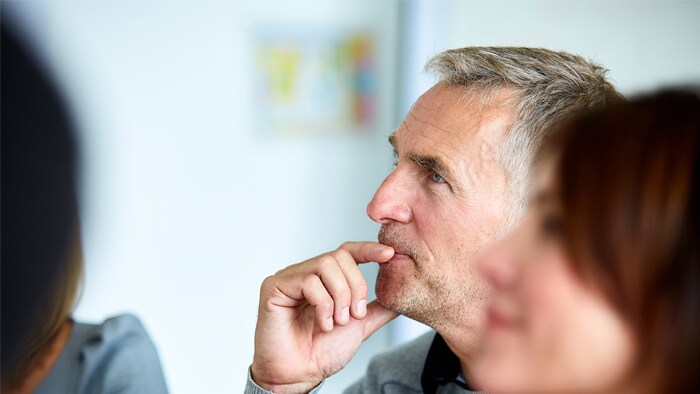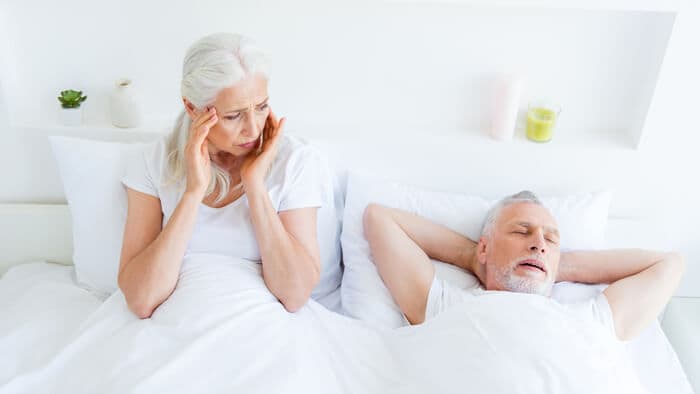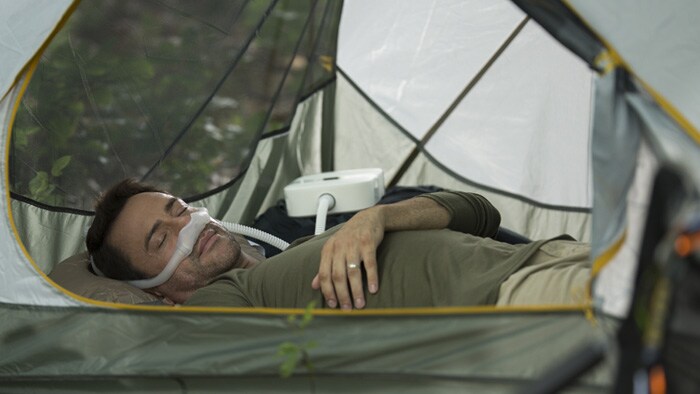Caffeine isn't the answer to poor sleep: better sleep hygiene is
If you wake up dragging, it's normal to use your morning cup of caffeine to rouse mental alertness. However, before you sip from that cup, consider that while caffeine might give you a brief bit of energy it won't resolve underlying sleep issues and may even impair your sleep.1 Pushing through fatigue with caffeine might even obscure the underlying cause of your sleep issues because you feel temporarily alert again and thus ignore what's troubling you at night. But over time, you also need to drink more coffee to get the same feeling of alertness, because your body builds up a tolerance to it.2 If you drink caffeine in the afternoon, as well, it can interrupt your natural body clock and make it harder for you to fall asleep that evening. Research shows even your morning cup of coffee can lead to a reduction of as much as an hour of sleep each night.1 One study found that caffeine can delay your body's production of melatonin, the sleep-inducing hormone, if consumed too close to bed.3 Instead of relying upon a temporary boost, try improving your sleep hygiene with the following steps:7 Limit screens. Turn off electronics and TVs a half hour to an hour before bed, and don't look at them while in bed. Screens emit blue light, which, studies show, can reduce the amount of melatonin your body produces, interfering with your body's signals that it's time to fall asleep.4 Sleep in a dark room. Light in general, blue or otherwise, can interfere with your melatonin production, making it harder to fall and even stay asleep. Darkness is best.5 Go to bed at the same time every night. Regular bedtimes not only promote better sleep by building better habits, but research has found links between inconsistent sleep schedules and health risks such as obesity, hypertension, and elevated blood sugar. Avoid large meals, caffeine and alcohol several hours before bedtime. What you take in before bed has a direct impact on your quality of sleep. If your body is digesting when it should be resting, you might miss out on quality sleep. Caffeine, as noted, is likely to wire you rather than tire you, and alcohol, while it can initially induce a drowsy feeling, has been shown to interfere with slow-wave sleep, which is considered necessary to feeling rested.6 Best to stop eating or drinking anything but water about an hour before bed. If, after engaging in good sleep hygiene for several weeks to a month, your poor sleep persists, then consult with your doctor. Common causes of sleep disturbance can run from the mental—such as anxiety or stress-induced insomnia—to the physical, such as sleep apnea or asthma.8 A doctor can look for signs of physical problems in your bloodwork, refer you to a mental health professional, or recommend a sleep study, where a sleep specialist will study you overnight to determine causes. Until your sleep improves, consume caffeine in moderation or abstain altogether. Sources: 1.http://stm.sciencemag.org/content/7/305/305ra146 2.https://www.caffeineinformer.com/caffeine-tolerance 3.https://www.the-scientist.com/news-opinion/how-caffeine-affects-the-body-clock-34819 4.https://www.sciencenewsforstudents.org/article/evening-screen-time-can-sabotage-sleep 5.https://sleep.mysplus.com/library/category2/article1.html 6.https://www.sleepfoundation.org/articles/how-alcohol-affects-quality-and-quantity-sleep 7.https://www.cdc.gov/sleep/about_sleep/sleep_hygiene.html 8.https://my.clevelandclinic.org/health/articles/12114-causes-of-sleep-problems


